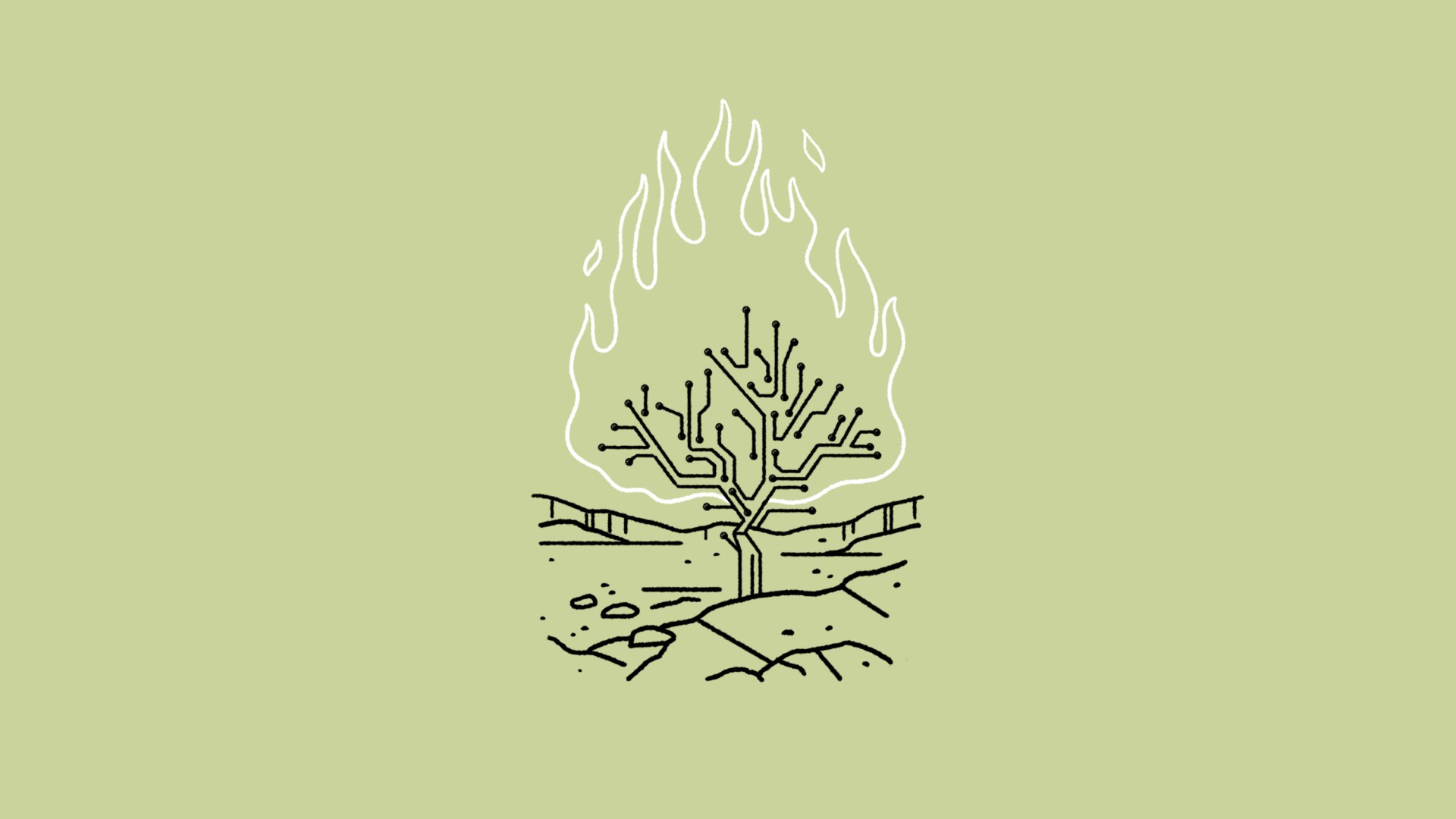In 2008, Nicholas Carr asked if Google was making us stupid. It was “tinkering with my brain, remapping the neural circuitry, reprogramming the memory,” as he put it. (Don’t miss an excerpt of Carr’s recent conversation with Russell Moore.) With the speed of technological advance, is our technology simply a neutral tool? Or will using AI, like using Google, not just change how we process information but also change how we are intellectually and spiritually formed?
Already, changes are afoot. In 2025, the primary way users interact with generative AI is for therapy, according to the Harvard Business Review. We’re using AI for advice, care, and intimacy—things once found within networks of institutions, churches, and in-person communities. Does our use of AI somehow make us less human?
In this issue of Christianity Today, we’re putting these questions front and center.
Many writers in the following pages focus not on technology’s efficiency, limitlessness, or productivity but on its impact on human lives—how we must define what being human means in relation to emerging inventions. Emily Belz introduces us to Christian tech engineers; Harvest Prude investigates the algorithms used in dating apps; and Haejin and Makoto Fujimura describe the intertwining of justice and beauty as what makes us uniquely human.
Miroslav Volf tells us that an algorithm is unable to say “who we ought to be . . . and what we should desire” (p. 80)—for that we need the capacious love of God. As Kelly Kapic puts it, God’s “highest value is not efficiency . . . but love” (p. 50).
In a recent TED Talk, technologist Tristan Harris warned of the necessity to take a “narrow path” in AI development, where “power is matched with responsibility.” As Christians, we know much about walking such a narrow path.
Ashley Hales is editorial director for print at Christianity Today.
Software companies like Adobe keep introducing AI tools that aim to streamline creative work. If the last couple of years have been any indication, this endeavor will only expand. But each update is met with mixed reception. Now well into the surge of generative AI, creative professionals and working artists continue to debate its use.
In 2023, I wrote that generative AI in the creative marketplace only increases the value and importance of human-made art. The mass production of AI-generated content will create a longer-term validation of the slow process of making things by hand. I still stand by this argument.
As our art department worked on the art for this issue and its numerous articles discussing AI, we didn’t do much differently than we normally do. There are certainly some winks at the theme—Nick Little takes us to the digital world of vintage video games (p. 39) and we purposefully feature handmade art by fine artist Emily Verdoorn (p. 51)—but when we considered the relevance of making AI-generated imagery ourselves, it just wasn’t appealing. We love working with people too much. Just as our editors continue to work with writers on the stories and ideas in our publication, we still give preference to working with illustrators, photographers, and everyone in between.
We don’t yet know where this age of AI will lead—whether to ruin or to prosperity. We’re building the plane while it’s in the air. But like the passenger on this issue’s cover art, we tend to cross a threshold where generative AI leaves us bored and disengaged—both as creators and as an audience. We want to be involved. We crave human ingenuity and personal connection. God designed us to make things, have ideas, and interact with other people.
Therefore, generating art through AI will never be as impactful as making things up yourself. It will never be as rewarding or insightful as collaborating with fellow humans. AI might be a fine assistant, but it will never replace artists.
Jared Boggess is art director for print at Christianity Today.

















